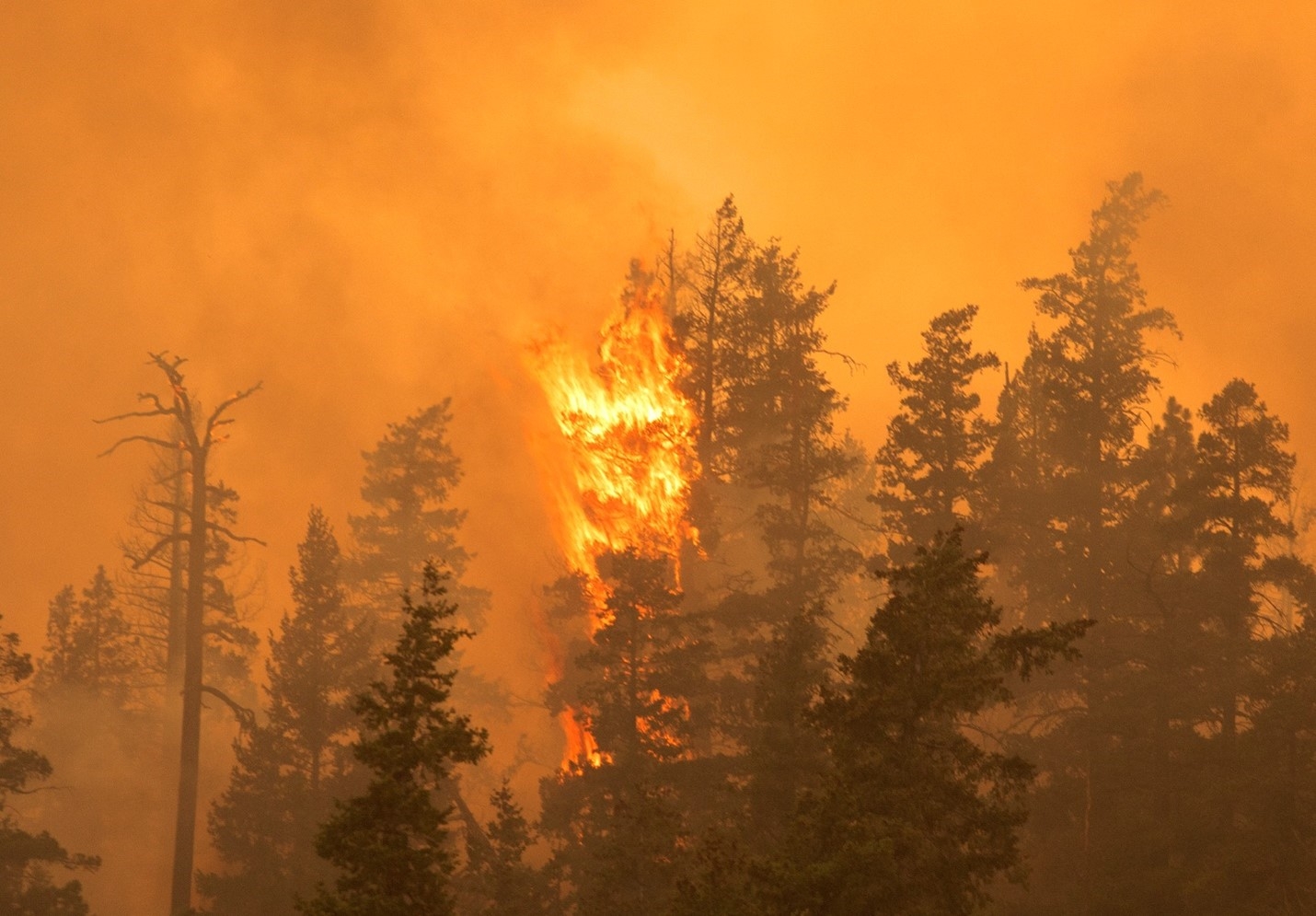
How Wildfire Smoke Impacts Your Health
As wildfires continue to impact areas across the country, many people are noticing the effects — both in the air and on their health. The smoke and poor air quality caused by these fires doesn’t just make it harder to see the skyline; they can also lead to serious short- and long-term health issues, especially for those with existing respiratory or heart conditions.
CityMD emergency physician, Estelle Williams, MD, helps us understand how wildfire smoke affects the body, what symptoms to look out for and when CityMD can help.
Q. What impact do wildfire smoke and poor air quality have on our health—both short-term and long-term?
A. In the short term, smoke exposure can cause eye and throat irritation, coughing and difficulty breathing. If you have asthma or COPD, symptoms can worsen quickly. There’s also an increased risk of heart attack, stroke, arrhythmia and heart failure in people with pre-existing heart disease.
Over the long-term, studies have shown that repeated or extended exposure to wildfire smoke can lead to decreased lung function, higher rates of cancer and even lower life expectancy. Interestingly, one study also found that smoke exposure during the summer and fall correlated with higher flu infection rates in the winter.
Q. How can CityMD help if you’re experiencing symptoms from smoke exposure?
A. CityMD providers can evaluate and treat symptoms like asthma or COPD flare-ups, throat and eye irritation or mild breathing issues. We can also assess whether you need a higher level of care—like the emergency department—especially if your symptoms are severe or if you were directly involved in a fire.
Q. Can a virtual visit be helpful if you can’t visit a clinic?
A. Absolutely. A virtual visit is a great first step if you’re unsure about what to do or whether you need in-person care. We can help guide the next steps, recommend at-home care and determine if you should come in or go to an ER.
Q. If you live in an area affected by smoke, how can you protect yourself?
A. The best thing you can do is limit your exposure. If you must go outside, wear a well-fitting N95 or KN95 mask. These masks help filter out harmful particulate matter, though they don’t protect against gases or fumes—so it’s important to avoid areas where chemicals or metals may have burned. At home, use an air purifier and keep windows and doors closed when air quality is poor.
Q. Can minimal exposure still be harmful? How quickly can symptoms appear?
A. Yes — minimal exposure can still have health consequences. In just a few days to weeks, we can see worsening respiratory issues and increased cardiac risk, especially in vulnerable populations.
Q. Who is most at risk from wildfire smoke and poor air quality?
A. Children, older adults and pregnant women are particularly vulnerable. If you fall into one of these groups or care for someone who does, it's important to take extra precautions during wildfire events.
Q. How does smoke impact people with asthma, allergies or other lung conditions?
A. Wildfire smoke contains fine particles that can irritate the lungs and overwhelm the body’s natural defenses. This can trigger asthma attacks or allergy flare-ups and make it harder for the body to recover from even minor exposures.
Q. Has CityMD seen an uptick in related symptoms during recent wildfire events?
A. Yes. We’re seeing more patients with respiratory symptoms, particularly those with a history of asthma or COPD. We’re also treating increased complaints of throat and eye irritation, chest pain and headaches — many of which are linked to smoke exposure.
CityMD is here for you.
If you're feeling the effects of wildfire smoke, whether it's a scratchy throat or shortness of breath, CityMD is here to help. Visit one of our urgent care locations or book a virtual visit to get fast, expert care when you need it most.

We’re ready to care for you.
Visit any CityMD urgent care location in your community today for an evaluation with one of our expert providers.